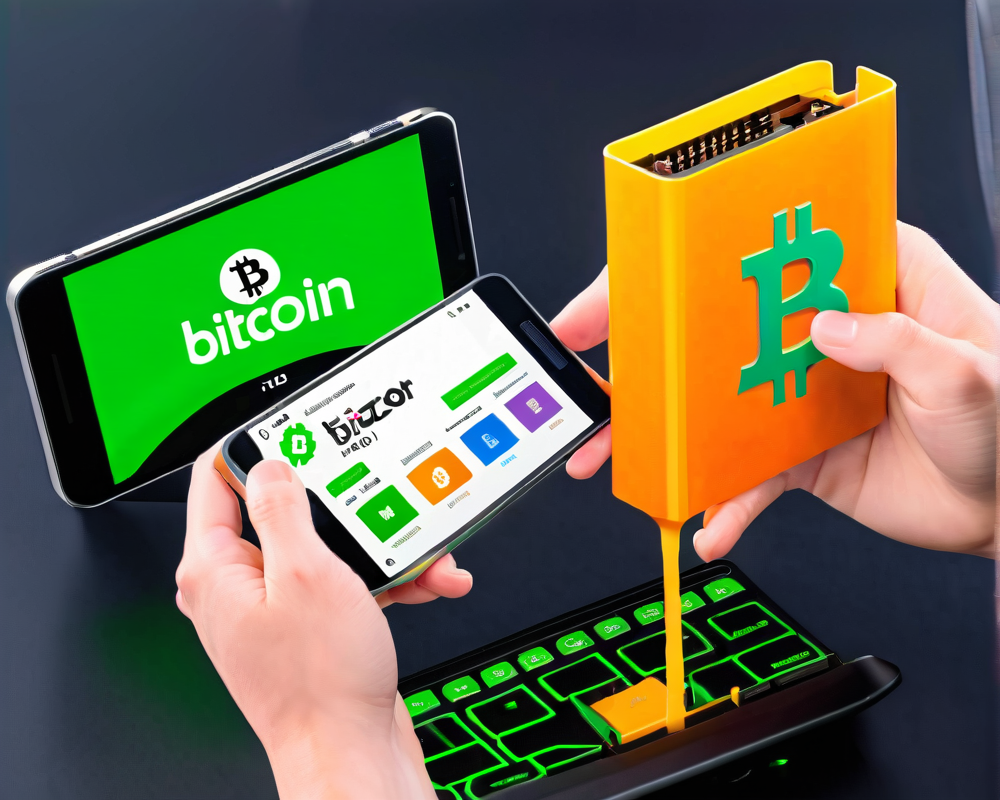The Fork That Shook the Crypto World
On August 1, 2017, the cryptocurrency landscape experienced a seismic shift with the hard fork of Bitcoin, creating Bitcoin Cash (BCH). This event left many in a state of confusion, particularly wallet and exchange service providers. The pivotal question: should they support the integration of the new cryptocurrency? The responses varied significantly, with some providers opting out entirely, leaving users to scramble for solutions.
Trezor’s Bold Move
Trezor, one of the well-known hardware wallets, boldly announced plans to integrate Bitcoin Cash into its platform. Despite being a split from Bitcoin’s blockchain, the promise of seamless BCH access had users celebrating. The plan seemed straightforward; after all, replay protection was in place. But as they say, the best-laid plans often go awry.
Reality Check: It’s Not So Simple
While Trezor developers were optimistic about a smooth integration, the reality turned out to be quite different. Even though they had a week to prepare, it was anything but easy. The development of the firmware progressed without major hiccups, yet the actual deployment faced substantial challenges.
Bugs, Losses, and Balances: oh My!
One particularly pesky bug stole the spotlight during the integration process, leading to disappearing transactions and negative balances. Imagine logging into your wallet only to find out not only are your funds missing, but your balance is now a negative number! Panic ensued, and developers found themselves rewriting code and hastily taking the backend offline to resolve the issue.
The Road to Recovery
Resolving these hiccups involved many late nights, caffeine-fueled code sessions, and a collective sigh of relief when solutions were finally implemented. Developers faced compatibility issues due to changing codebases; the updated Bitcoin ABC code introduced style changes that made it difficult for Trezor’s team to compare and integrate smoothly.
The Quest for a Universal Wallet
As the cryptocurrency market burgeons, users are confronted with the daunting task of managing multiple wallets. It’s akin to recruiting a team of personal assistants to handle each coin! The paranoia grows with every installation, as users question whether that shiny new wallet is, in fact, a malicious malware masquerading as a reliable product.
Despite the allure of online exchanges and wallet providers, history has taught us it’s a risky gamble. The possibility of hacks looms large, putting entire portfolios at risk. The chaos surrounding BCH integration has undeniably highlighted that the dream of a universal wallet—one that can secure every existing cryptocurrency—is still just that: a dream.
Conclusion: Lessons Learned
The challenges faced by Trezor during the Bitcoin Cash integration serve as a reminder of the complexities that accompany innovation in the cryptocurrency space. Users are left wondering whether their digital assets are safe and whether a truly universal wallet will ever emerge from the realm of fantasy. For now, caution remains the best policy—carefully choose wallets, stay informed, and keep a watchful eye on the crypto horizon.




